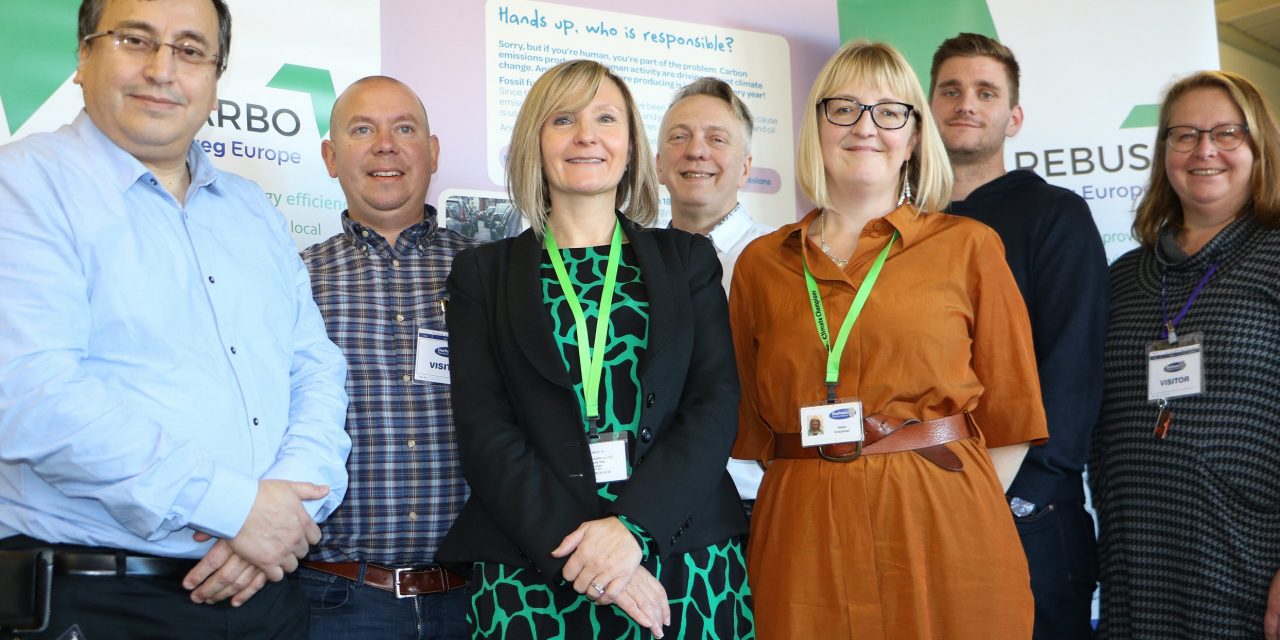A North East council has been sharing its knowledge on improving energy efficiency in businesses at an international conference.
Since 2016, Durham County Council has contributed to the LOCARBO project, an interregional cooperation project which has been looking at ways to improve low-carbon economic policies.
Led by the Municipality of Potenza, Italy, and involves partners from Italy (Basilicata Region), Hungary (Mi6), Lithuania (University of Kaunas), Romania (Alba Iulia Municipality), Portugal (Municipality of Vila Nova de Gaia), and the UK (County Durham).
Its aim is to improve EU policy to increase energy efficiency and the use of renewables in buildings through innovative methods.
The council’s involvement in LOCARBO has been led by its low carbon economy team, with a particular focus on improving energy efficiency within small businesses.
Specifically, the team has been working to enhance the effectiveness of the existing European Regional Development Fund (ERDF) project it manages – the Business Energy Efficiency Project (BEEP).
The project has greatly supported and contributes towards the council’s Climate Emergency Response Plan (CERP) by supporting and working with SMEs to decarbonise their business practices.
The council’s Climate Emergency Response Plan outlines measures it will take to reduce carbon emissions from its operations by 80 per cent by 2030, and to take necessary action to make County Durham carbon neutral by 2050.
Throughout the LOCARBO exchange, a conference has been hosted every six months in one of the partnering countries involved in the project.
In December 2019, the council hosted the LOCARBO event in Durham. This year, Portugal was to host, however, due to the coronavirus pandemic, the final conference took place online.
The final conference signified the end of the LOCARBO project and took place on 4 December, where the council discussed its experience as partners in the initiative.
Cllr John Clare, Durham County Council’s climate change champion, said: “It has been immensely profitable to be involved in this international cooperation. We have learned a great deal from our LOCARBO partners, who have shared their expertise on projects such as ‘energy clusters’, ‘energy intensity’ in the heating sector, low tech solutions to building efficiency, a ‘virtual power station’, ‘communities for change’, ‘behavioural economics’ and a number of other innovative ways of working. At the same time, we were able to share the internationally-significant initiatives our low carbon team has been developing to help small businesses to decarbonise their processes.”
For more information about the LOCARBO initiative, visit www.durham.gov.uk/locarbo










